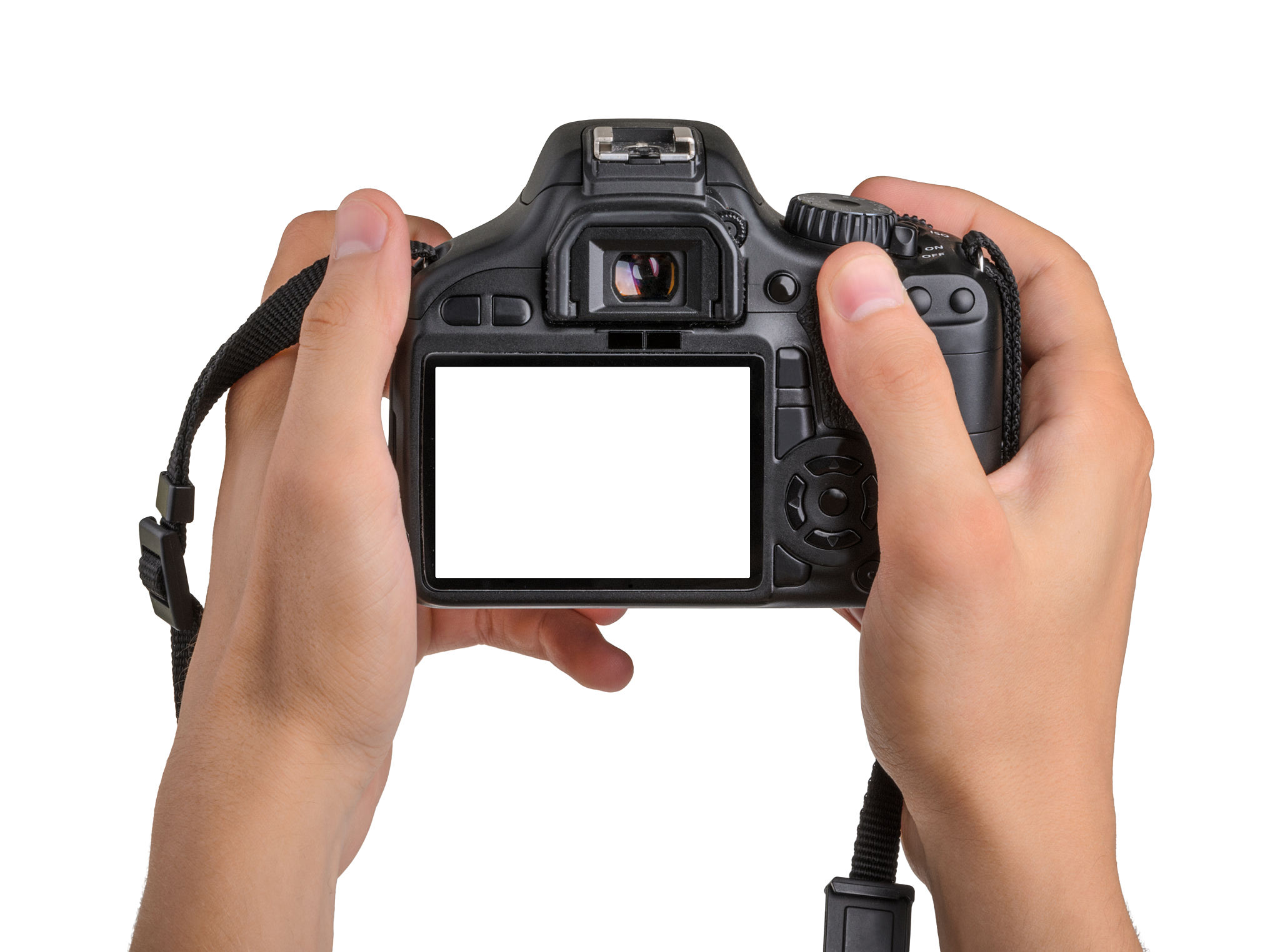DIY Photography Tips for Beginners: Start Shooting Like a Pro
Understanding Your Equipment
Starting out in photography doesn't mean you need the most expensive camera on the market. In fact, understanding your current gear is more important. Begin by reading the manual of your camera thoroughly. Familiarize yourself with its settings and functions to maximize its potential. Whether you're using a DSLR, mirrorless, or even a smartphone, knowing how to adjust settings like ISO, aperture, and shutter speed can greatly enhance your photography skills.

Learning Basic Composition
Composition is a fundamental aspect of photography that can set your work apart. The rule of thirds is a classic guideline that suggests dividing your frame into nine equal parts and placing your subject along these lines or their intersections. This technique helps create balanced and engaging photos. Experimenting with different compositions can also lead to more dynamic shots.
Another essential tip is to pay attention to the background of your images. A cluttered background can distract from the subject, while a simple one can enhance it. Always be mindful of what’s behind your subject and adjust your position accordingly.
Mastering Lighting
Lighting is one of the most crucial elements in photography. Natural light is often the best source available, especially during the golden hour, which occurs shortly after sunrise and before sunset. During these times, the light is softer and more flattering, reducing harsh shadows and highlights.

Experiment with Artificial Lighting
If you're shooting indoors or after dark, experiment with artificial lighting. Use lamps or LED lights to create interesting effects. You can also use reflectors to bounce light onto your subject and fill in shadows. Playing around with different light sources will help you understand how they affect your photos.
Practicing Regularly
The key to improving your photography skills is regular practice. Try to take photos every day, even if it's just with your phone. Photography challenges or prompts can be a fun way to push your creativity and skillset. Don't be afraid to make mistakes; each one is an opportunity to learn and refine your technique.

Reviewing and Editing Your Work
After capturing your images, spend time reviewing them critically. Look for areas that could be improved and note what worked well. Post-processing is also an important part of photography. Basic editing tools can help enhance colors, adjust exposure, and crop images for better composition. Software like Adobe Lightroom or free alternatives like GIMP can be useful for beginners.
Remember, photography is an art that evolves with practice and passion. With these DIY tips, you can start capturing images like a pro in no time.

